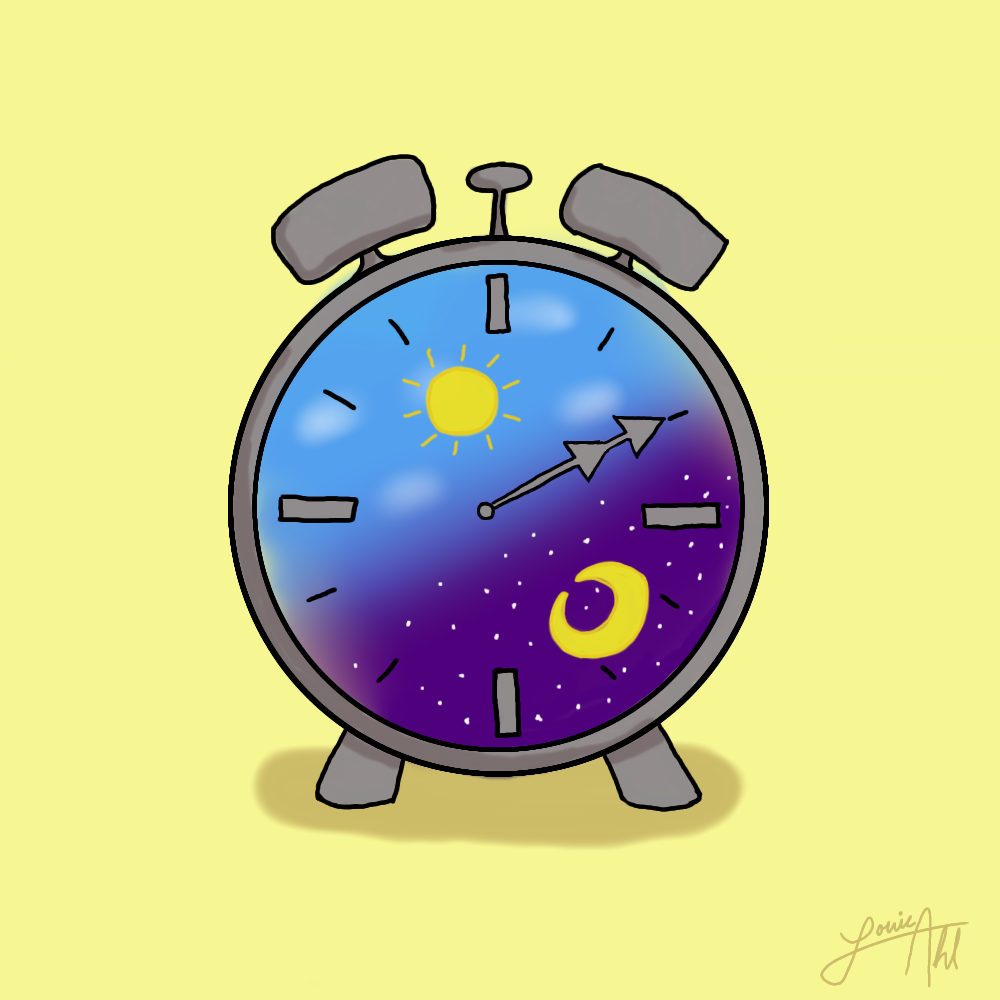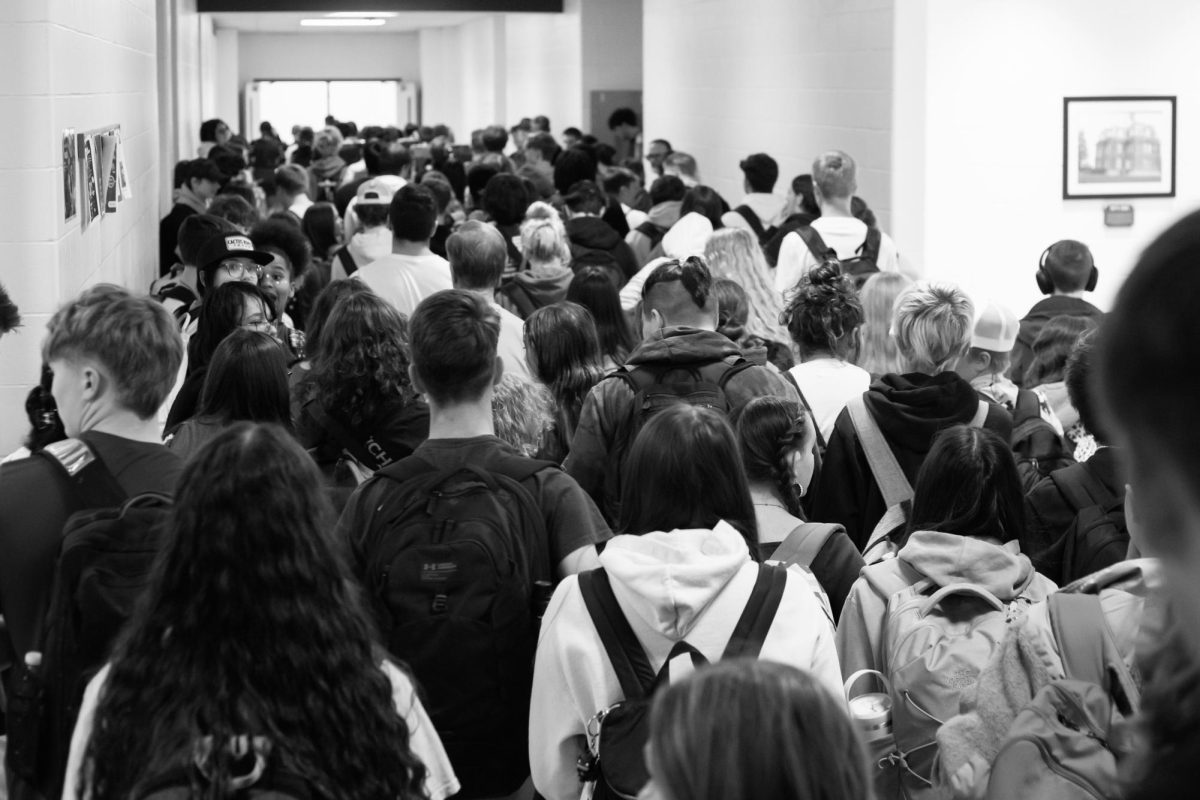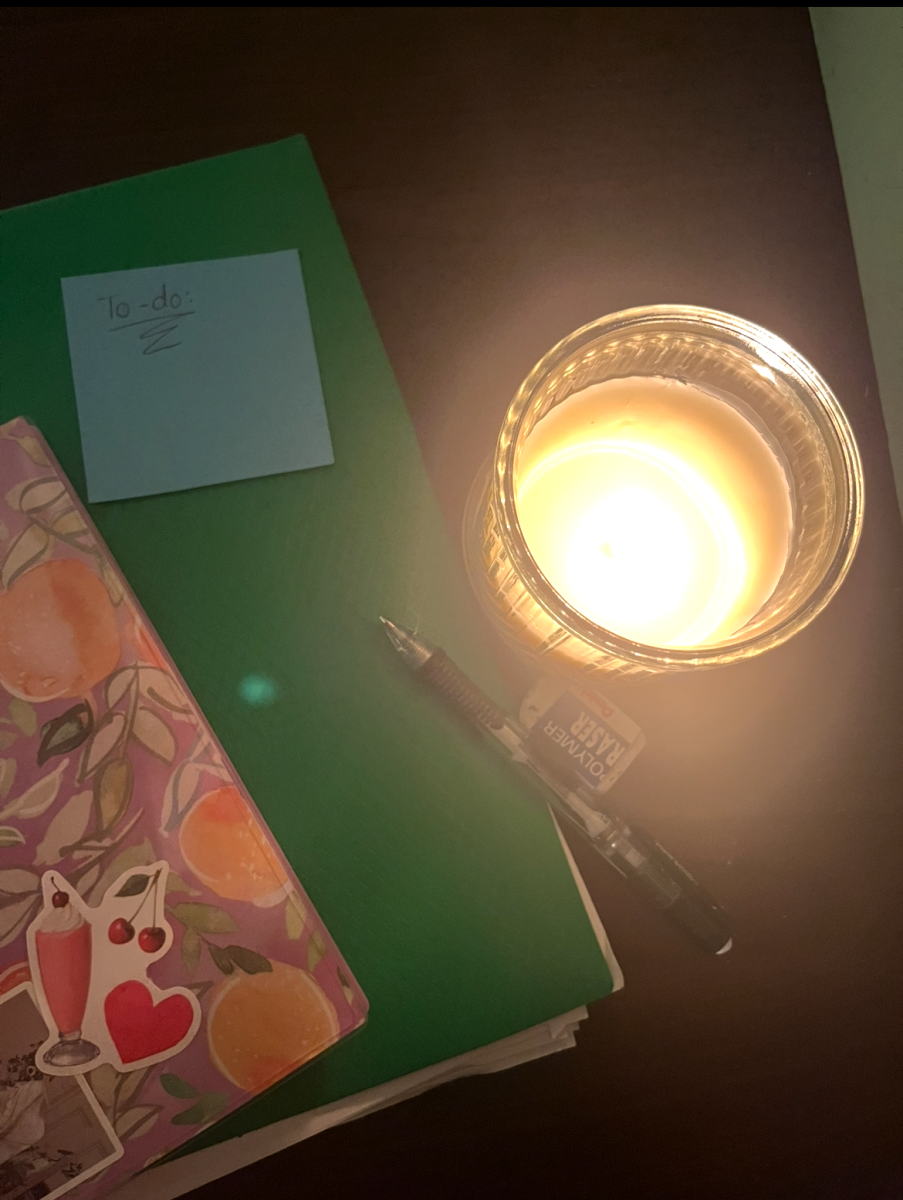Daylight Savings time occurs every spring and fall, on the first Sunday of March and November. At the beginning of the year, clocks are set an hour ahead (“spring forward”) and towards the end of the year, they’re set behind an hour (“fall back”). The norm is to follow suit and set the new time, but has anyone ever stopped and wondered why we even observe Daylight Savings? Ultimately, it does nothing but cause confusion and sleepiness.
Daylight Savings was originally implemented by the United States Senate to save energy during World War I by following train schedules in hopes of saving fuel. It was also a boost to the economy because if it was lighter outside for longer, people were more likely to shop in stores after work. It was unpopular to go around in the dark unnecessarily, and the shopping industry knew this when choosing whether or not to support Daylight Savings. The movie industry, however, was against it. Cinemas are much more popular when it’s dark, so longer daylight hours would hurt their business.
While we might not all be heading to the cinema every night, the time shift is worth reconsidering for one main reason: sleep. School, work, and nearly every event starts and ends at the same time regardless of Daylight Savings, but sleep disruption is almost guaranteed when the time shifts. Changing up someone’s sleep schedule so suddenly affects them more than lots of people would care to admit. A consistent sleep schedule is key for wellness, both physically and mentally, and when it’s tampered with, it’s harder to be alert and healthy. Resetting the internal body clock (known as the circadian rhythm) can take up to weeks, and when someone’s sleep cycle is off, they’re more likely to make mistakes. Drowsy people are drowsy drivers, and drowsy driving leads to accidents and deaths. Being sleepy isn’t just a feeling, it’s a slippery slope to lots of harm.
The United States, while mostly conformed to follow Daylight Savings, has two outliers: Arizona and Hawaii. If gained, an hour will only bring more sun and heat to the already desert-like and tropical states. The rest of the country should take after these two states and not follow Daylight Savings anymore. The sky didn’t fall when Arizona and Hawaii didn’t join the bandwagon, and it won’t if the rest of the U.S. choses to abolish Daylight Savings.
Daylight Savings doesn’t affect energy consumption meaningfully, and isn’t worth the hassle. It isn’t just inconvenient, it’s dangerous! It escalates drowsy driving and has negative health effects. That’s more than enough reason to rid ourselves of the burden of Daylight Savings, and spring to a healthier and easier future.










